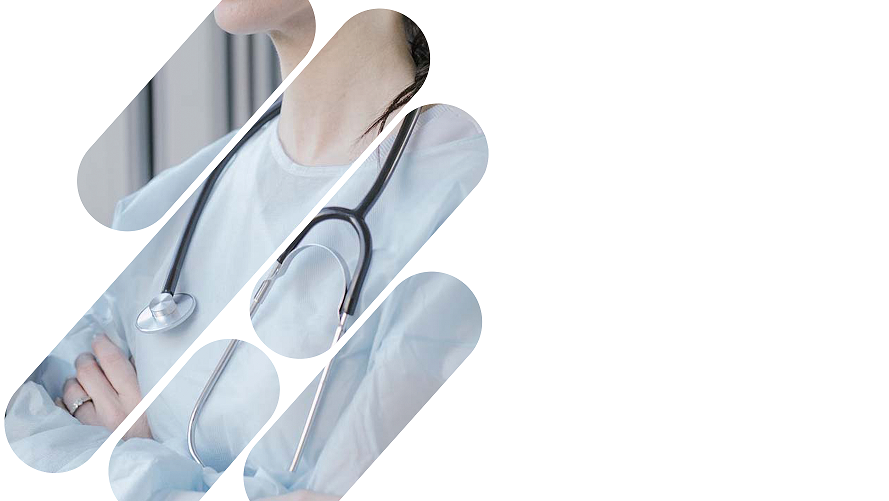- Road Accidents
- Work Accidents
- No Win No Fee
- Medical Negligence
- Habib Rahman Spire Healthcare Compensation
- Medical Negligence Claims
- Breast Surgeon Ian Paterson Claims
- Brain Injury Claims
- Statins Medication Error
- Sandwell & Birmingham POP Treatment
- Hernia Mesh Compensation
- Serious Injury Claims
- Spinal Injury Claims
- Leg Injury Claims
- Neck Injury Claims
- Burn Injury Claims
- Cauda Equina Syndrome
- Dental Negligence
- Contact
- Injury Claims
- More Info
- Claim Now
Call FREE from a Landline or Mobile on 0800 634 75 75











